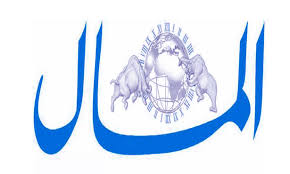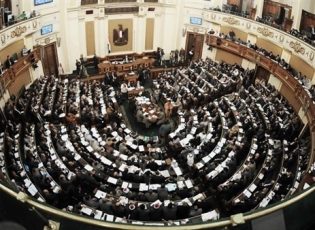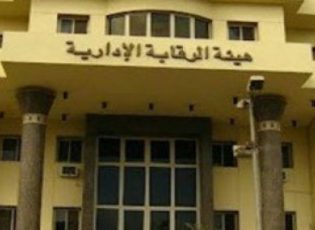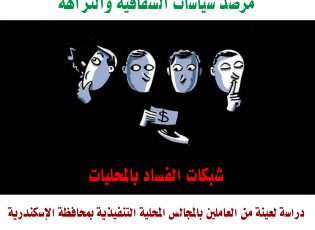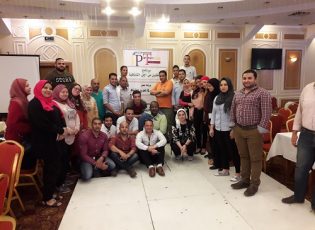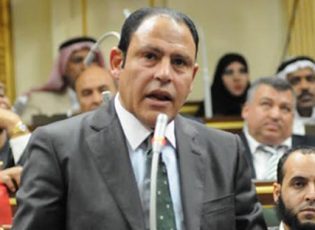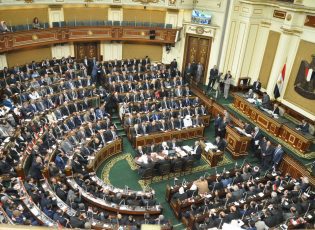Transparency of electoral financing and spending
The "absent obligation"
Intervention
Dr. Walaa Jad Al-Karim[1]
Electoral financing and spending .. Justifications for transparency
The use of money in the electoral process is directly related to three fundamental issues, the first is the issue of sources of financing electoral activities, the second is the limits and ceiling of electoral spending, and the third is the items of electoral spending.
At the level of funding sources, the relationship between the elected office holder and the sources of his campaign financing will certainly affect his orientations, decisions, and political performance in general, and therefore the sources of funding are the ones that bear the answers to questions from a sample: Who is the deputy biased ?? And which group of interests does it express? And to what extent does the representative express the social and political bloc he represents?
As for the limits and ceiling of electoral spending, it reflects the extent to which the governing regulatory frameworks adhere to the essence and spirit of the principle of "equal opportunity", as the financing capabilities and ability to mobilize financial resources for potential and actual candidates will certainly vary in any political system, and therefore we are facing questions from a sample: To what extent does the political system guarantee that citizens' candidacy opportunities and their access to council membership and elected public positions will not be affected?
As for the electoral spending items, it carries with it the answer to the fundamental question: Did the candidate use the money to directly influence the will of the voters? .
All of these issues and related questions impose the need for effective mechanisms for transparent financing and electoral spending, and when we talk about transparency, we mean a specific procedural concept that includes providing information, and working in an open manner that allows stakeholders to obtain the necessary information related to the candidate's electoral financing and spending.
The law and the transparency guarantees for electoral financing and spending
The Law on the Exercise of Political Rights promulgated by Resolution No. 45 of 2014 is the one that sets the organizational frameworks for financing electoral campaigns and the ceiling and terms of electoral spending for candidates for membership in the next Parliament. One thousand pounds for the run-off round, and the two limits referred to are doubled for every fifteen candidates gathered in one list.
The law also gives the candidate the right to receive cash or in-kind donations from Egyptian citizens and parties, and obliges the candidate to open an account in a bank or post office, and it is prohibited to spend on the election campaign outside this account, and the law also requires the candidate for the first time to keep a regular record in accordance with Egyptian accounting standards. It records the sources of funding and the expenses of his electoral campaign.
Although these legal texts are new and positive by analogy with the laws that were organizing the parliamentary elections before and after the January 2011 revolution, the law did not include texts that categorically and effectively provide transparency in the financing of electoral campaigns and the electoral spending of the candidates, and the most important features of this deficiency can be highlighted. The Legislative Committee is as follows:
- Although the law stipulates in Article 36 that the Supreme Elections Committee should form monitoring committees of independent experts to monitor and follow up the controls set by the constitution, the law, or the decisions of the Supreme Committee regarding propaganda (including funding and spending), in practice it is difficult for these committees to estimate the financial cost. In addition to the fact that it does not have mechanisms to uncover the secret and undeclared spending of the candidates, in addition to the fact that the work of these committees is often limited to the period of time allocated to electoral campaigning only, and their work does not extend before this legal period, which witnesses intense and unseen electoral spending. .
- Weakness of the legal penalties established for violating the rules of transparency in electoral spending. According to the text of Article (68) of the Decree-Law Regulating the Exercise of Political Rights No. 45 of 2014, whoever “spends on publicity” is punished with a fine of not less than ten thousand pounds and not more than one hundred thousand pounds Electoral sums are not recorded in the bank account set by the Supreme Committee. Therefore, a candidate can spend many times the amounts registered in the official campaign account and in the end he will face a meager fine that does not deprive him of access to Parliament.
- Legal texts include procedures that allow the High Elections Commission to follow up on sources of funding, a ceiling and the candidate’s spending items, but they do not include procedures that fulfill the right of voters and observers to access information related to this. Items of spending.
- The law - and the generally accepted regulatory procedures for elections - do not include specific mechanisms that guarantee the participation of civil society organizations in monitoring the electoral funding and expenditures of the candidates.
Electoral finance and spending ... Ideas to achieve the absent transparency
It is not expected that the Egyptian electoral system will move overnight from a phase of “lack of transparency” to “absolute transparency” regarding sources of financing, the ceiling and the items of electoral spending. The social and cultural contexts, the electoral heritage, and the political climate are all factors that affect one way or another, but from The belief in the gradual movement towards this goal, and in accordance with the principle of what is not fully understood, does not leave all, the intervention presents recommendations and draft ideas - which can be revised by discussion about them - that can contribute to raising the rates of transparency in financing and electoral spending:
- Requiring candidates to publish detailed data on the sources of financing their electoral campaigns in the local media, or enabling them to publish them through the electronic patch of the Parliamentary Elections Commission, well in advance of the polling date.
- Requiring candidates (whether losers or winners) to publish an approved final report including all the required supporting documents in the local media, or enable them to publish them through the electronic patch of the Parliamentary Elections Commission, after an appropriate time has passed since the end of the electoral process.
- Extending the mandate of the Central Auditing Organization to include the right to monitor sources of funding and spending items for candidates for membership in Parliament.
- Expanding the role of local civil society organizations in following up the electoral funding and spending of the candidates, with the need to enable them to access the necessary information available in the candidates' campaigns or with the official authorities.
- Raising citizens ’awareness of the legal procedures regulating electoral financing and spending, and motivating them to“ hold ”their candidates accountable, as this is one of the voters’ right.
- Tightening legal penalties related to non-disclosure of funding sources or spending items, or violation of what is contained in the candidate's official reports, records and accounts, to reach the penalty of striking out from the candidates' records, or dropping membership if the candidate wins before the election offense is discovered.
In contrast to these recommendations and in parallel with them, the necessity remains to accelerate the establishment of the permanent national election commission, which will provide the electoral system in Egypt with greater degrees of integrity and transparency, and overcome the gaps and problems resulting from the “seasonality” of the electoral work.
[1] PhD in Social Evaluation of Development Projects - General Director of the Partners Foundation for Transparency
Short link: https://pfort.org/en/?p=664

